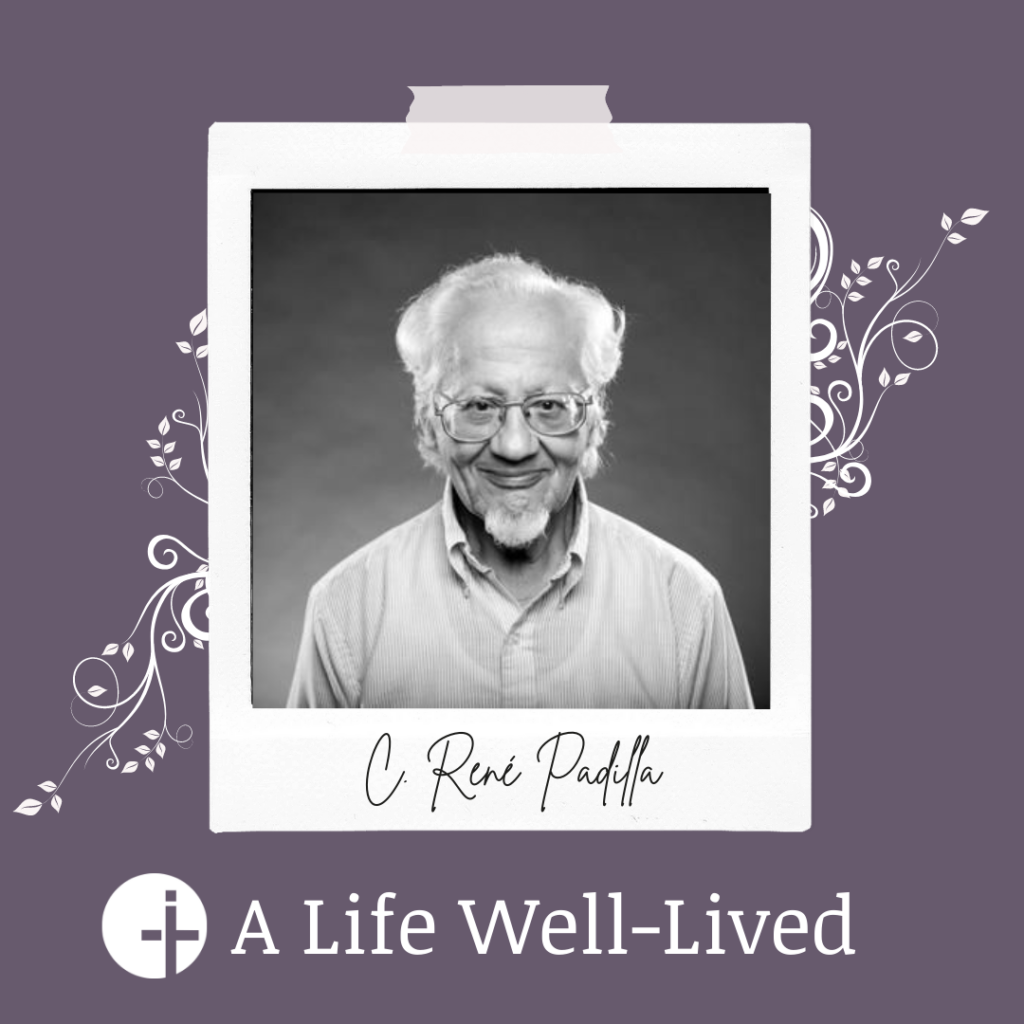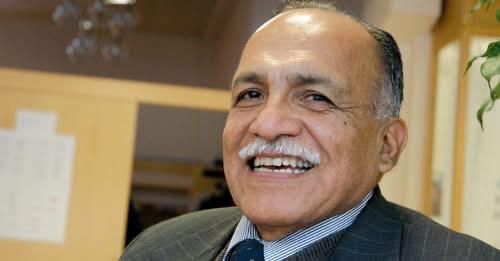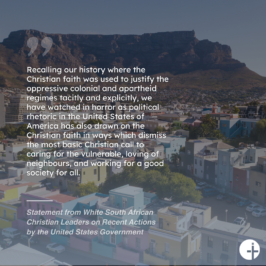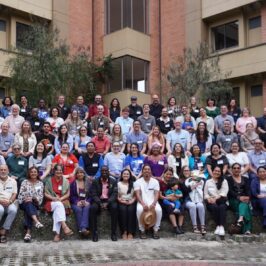
C. René Padilla, theologian and missiologist, world-renowned Ecuadoran pastor and teacher, passed away suddenly on the afternoon of April 27th, 2021 in Buenos Aires, Argentina.
How to describe a life as long and fruitful as that of René Padilla? René loved deeply. He loved books, the essential nutrients for his thoughts. He loved music and often said: “In another life, I’d be an orchestra conductor.” He loved Jesus Christ, who he sought to follow radically. He loved Latin America, refusing to live anywhere else in the world. And he loved his family: Catharine Feser, wife of almost 50 years; Beatriz Vásquez, wife of almost 8 years; his daughters, Ruth (James), Sara (Mauricio), Elisa (Esteban), and Margarita (Marcelo); his son, Daniel (Andrea); his grandchildren; and many people who, with or without a biological tie, were embraced by him.
Son of Dolores Jijón and Carlos Padilla, born in Quito on October 12th, 1932, René grew up between Ecuador and Colombia in years of political and religious turmoil. A question posed by his teacher in the Mejía school would start a search that undoubtably marked his life from then on: “What does the Christian faith have to contribute to the reality of our context?” He took this question with him to Wheaton College in Illinois where he completed his bachelor’s degree in Philosophy and a Master’s in Theology. While he pastored a small Hispanic congregation in the area, he began a friendship with the woman who later, in 1961, would become his wife, committing to serve alongside him in Latin America. Although during this period he acquired many tools for Biblical exegesis, he still did not receive a clear answer to his question.
The question continued to motivate him during his years of pioneering ministry with the International Fellowship of Evangelical Students (CIEE-IFES), in the heated revolutionary environment of the universities in Colombia, Ecuador, and Venezuela toward the end of the 50’s. For his friends, Samuel Escobar and Pedro Arana, and him, the answers articulated by people in other latitudes did not satisfy. They needed to generate a theology from and for the Latin American context, a theology that would respond holistically from the Gospel to the pressing realities around them. This concern inspired Padilla’s doctoral work in New Testament under FF Bruce in Manchester University, England. However, it was upon his return that, together with his colleagues, he progressively presented the paradigm that would become known as “Integral Mission” and that would influence the thought and action of evangelical people and movements around the world.
Many evangelical organizations were either founded or strengthened by the pioneering tenacity and pastoral and prophetic action of René Padilla. Among them, the Latin American Theological Fellowship (FTL), the Baptist Evangelical Church of La Lucila, INFEMIT (International Fellowship for Mission as Transformation), the Lausanne Movement, Micah Global, and Tearfund stand out. Although he was a prolific writer, and he has various works translated into several languages, he frequently deferred his personal projects in favor of accompanying and encouraging other people to write: his editorial work with Certeza, Nueva Creación, and Ediciones Kairós was tireless. He dedicated over a decade toward the end of his life as the managing editor of his masterpiece, the Comentario Bíblico Contemporáneo (Contemporary Bible Commentary), with contributions from more than 100 authors, coproduced by Certeza Unida and Ediciones Kairós.
Hundreds of Christian leaders give testament to the fruitful impact of his teaching in the context of CIEE-IFES, in multiple seminaries and theological institutions, and in conferences and publications disseminated across the continent and beyond. That educational labor was captured in the creation of the Comunidad de Estudios Teológicos Interdisciplinarios (Community of Intersdisciplinary Theological Studies), on whose board Padilla served until his death.
René enjoyed two songs among others. As we listen to “Gracias a la vida” (Thanks to Life), by Violeta Parra, we remember this introverted and courageous lover of life and of the God who sustains it. And when, alongside René, sower of questions and of hope filled faith, we sing “Tenemos esperanza” (We have hope), by his friend Federico Pagura, we dare to affirm that it is possible to live seeking the Kingdom of God and God’s justice even in the midst of the hard realities of the world.





